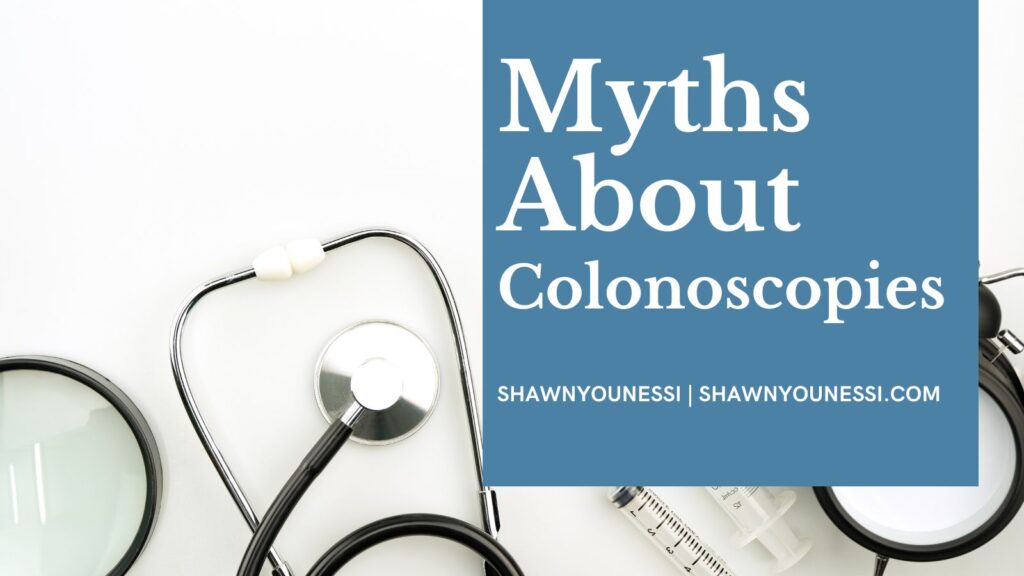
A colon (large intestine) examination is done during a colonoscopy using a colonoscope, a flexible tube with a camera at one end. It is an important screening tool for detecting colon cancer and other conditions, such as inflammatory bowel disease. However, despite its importance, many myths and misconceptions about colonoscopies can deter people from getting screened.
This article will debunk some of the most common myths about colonoscopies.
Myth #1: Colonoscopies are painful
Many people fear colonoscopies are painful, but this is not necessarily true. While discomfort or cramping may be experienced during the procedure, most people report it is not painful. Many people are sedated during the procedure to help them relax and reduce any discomfort.
Myth #2: Colonoscopies are embarrassing
Some people are reluctant to get a colonoscopy because they are embarrassed about the procedure. However, it is essential to remember that colonoscopies are routine medical procedures performed by trained professionals sensitive to your comfort and privacy.
Myth #3: Colonoscopies are only for older people
While colon cancer is more common in older people, it can occur at any age. According to current recommendations, people should start having colon cancer screenings at age 45 or earlier if they have certain risk factors. Early and frequent screenings can aid in the early detection of colon cancer when it is most treatable.
Myth #4: I don’t have any symptoms, so I don’t need a colonoscopy
Colon cancer can develop without symptoms, so regular screening is so important. A colonoscopy can help detect precancerous polyps or early-stage cancer, which can be removed or treated before progressing to a more advanced stage.
Myth #5: Colonoscopies are not effective
Colonoscopies are considered one of the most effective screening tools for detecting colon cancer and other conditions. During the procedure, the colonoscope examines the entire colon for abnormalities, such as polyps or tumors. If any abnormalities are found, they can be biopsied or removed during the procedure. This can help prevent colon cancer from developing or detect it early when it is more treatable.
Myth #6: I have to take time off work for a colonoscopy
While a colonoscopy does require some preparation and recovery time, it is typically a relatively quick procedure. Most people can resume regular activities the following day after the operation, typically lasting 30 to 45 minutes.
Colonoscopies are a reliable and safe screening method for finding problems like colon cancer. To dissuade people from getting screened, myths and misconceptions about colonoscopies must be distinguished from actuality. If you need a colonoscopy, discuss your worries with your doctor and how to prepare for the surgery. Remember that routine screenings can aid in the early detection of colon cancer when it is most curable.